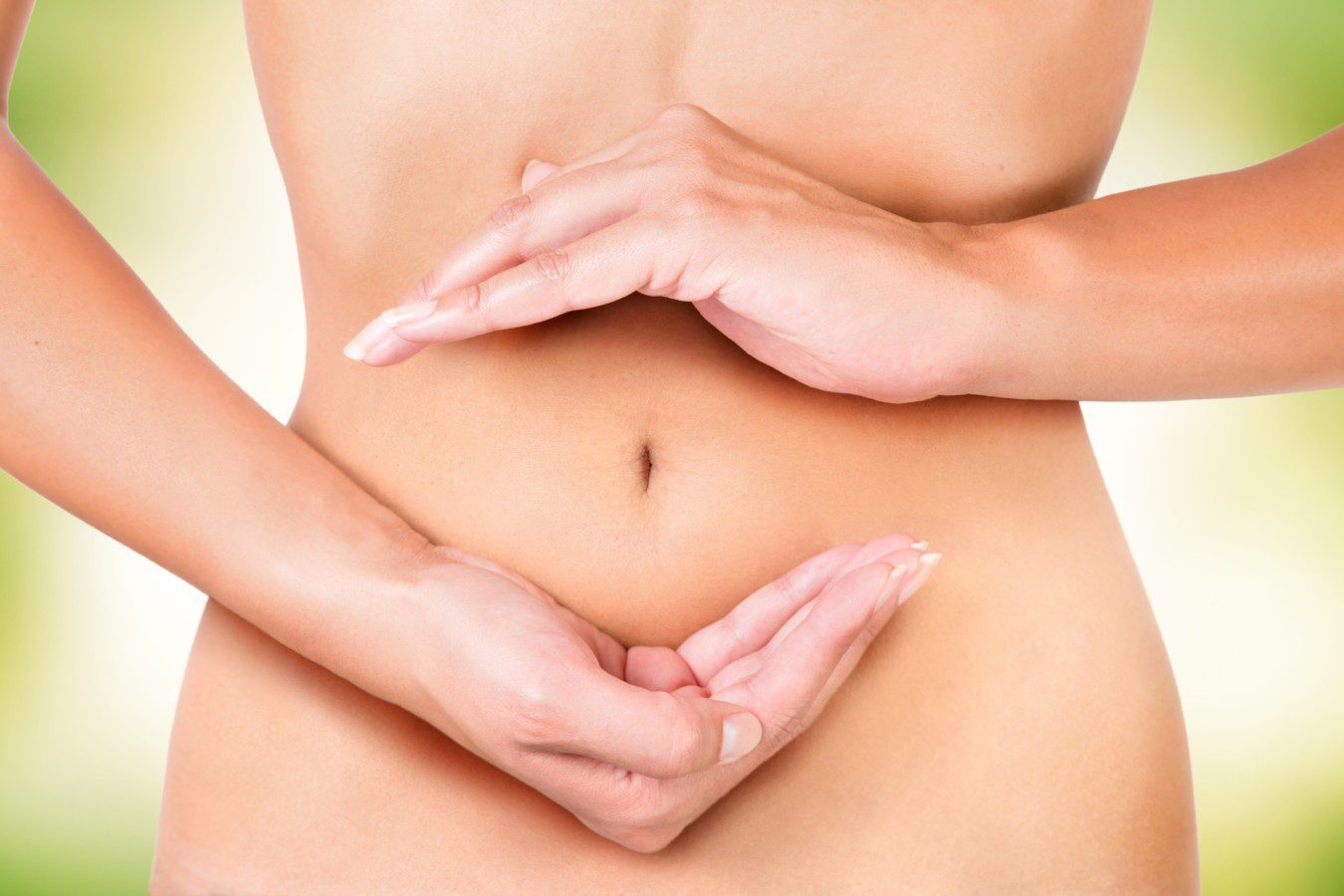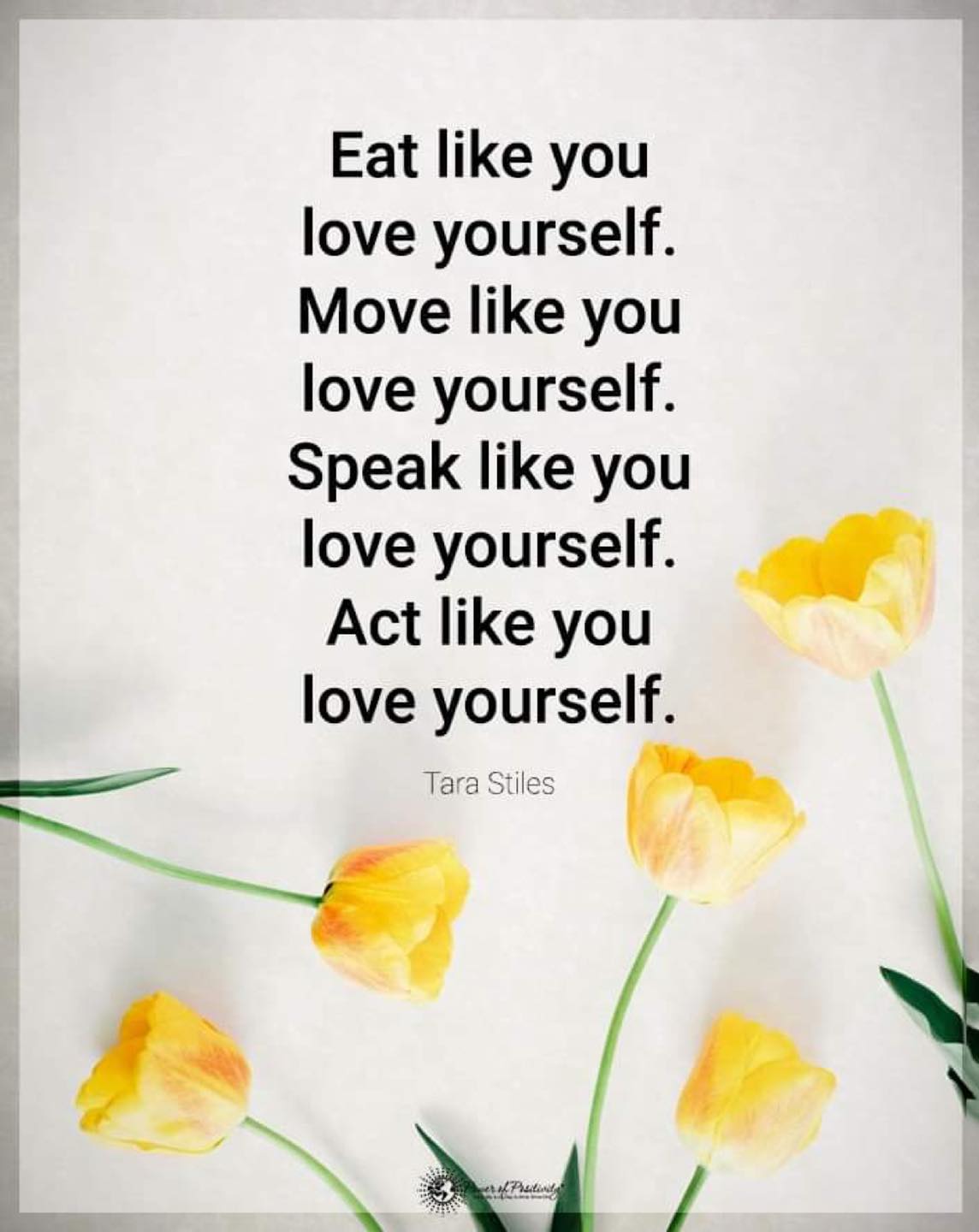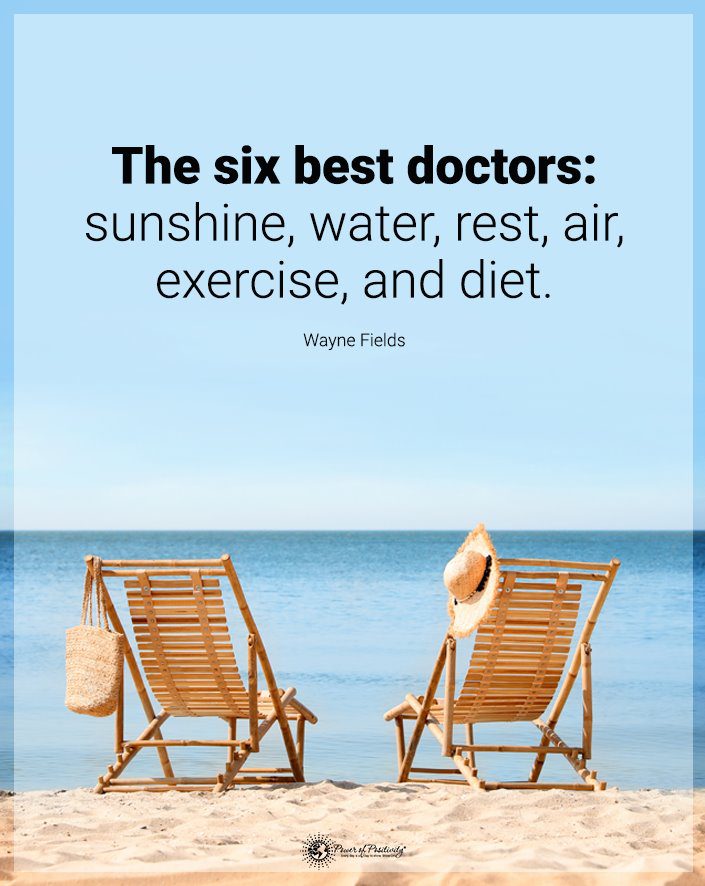Milk. It isn’t doing your body any good, and there are at least five reasons you need to stop eating dairy immediately. Dairy products like cheese, ice cream, butter, and milk are all part of our cultured tastes and the foods we grew up loving.
The USDA says that the average American consumes around 275 pounds of dairy products yearly. All those pounds of creamy dairy may have added some pounds to your body as well.
Although dairy tastes great, the problem is that our physical bodies and digestive systems did not evolve to process dairy products from cows. We evolved as foragers, walking and finding our food from the land in the form of edible roots, plants, fruits, and vegetables. Occasionally our ancestors could catch an animal so they could eat meat.
Dairy products from animals taste great and provide a good source of nutritional calcium. Unfortunately, there are health risks associated with eating dairy.
According to a recent study, calcium sources from products that are non-dairy would be better for our health; ‘Bones are better served by attending to calcium balance and focusing efforts on increasing fruit and vegetable intakes, limiting animal protein, exercising regularly, getting adequate sunshine or supplemental vitamin D, and getting 500 mg Ca/d [calcium per day] from plant sources. Therefore, dairy products should not part of a healthy vegetarian diet.’
The high-fat content of many dairy products can lead to problems with obesity. Saturated fat has also been associated with a higher risk for arterial disease like stroke and heart disease. Still not convinced? Here are five signs that your body wants you to stop eating dairy immediately.
5 Signs You May Want to Stop Eating Dairy Immediately
1. You may want to stop eating dairy immediately if you have problems with inflammation
Galactose is a simple sugar in milk that researchers believe reacts in the body similarly to fructose, which can cause inflammation and myriad other issues.
Inflammatory diseases like rheumatoid arthritis, asthma, eczema, or colitis could directly affect your dairy intake. The good news is that a simple dietary change can fix the problem.
2. You may want to stop eating dairy immediately if you have allergy symptoms
Just like any seasonal allergy you might have, your body’s immune system kicks in to fight off the intruding allergen.
If you have the following symptoms and you eat dairy regularly, it’s a sign you could have a dairy allergy:
- Sensitive skin
- Itchy skin
- Acne
- Red, blotchy skin, especially on the face
- Sinus and nasal congestion
- Tickling cough
- Coughing up phlegm
- Itching of the tongue, lips, gums, or throat
3. You may want to stop eating dairy immediately if you have digestive problems

Gas, stomach discomfort, and diarrhea are all uncomfortable signs of lactose intolerance. Lactose intolerance is fairly common in the global population. After we finish with our mother’s breast milk, our ability to digest lactose decreases as we age.
Researchers in the American Journal of Clinical Nutrition says ‘Mammalian infants need mother’s milk for nourishment and growth. However, milk is not necessary for humans after the age of weaning, as evidenced in part by the physiologic decrease in and often loss of the ability to digest lactose (milk sugar) for roughly three-fourths of the world’s population.’
4. You may want to stop eating dairy immediately if you have a genetic risk of breast or prostate cancer
Unfortunately, hormone-treated cows pass on hormones through their milk to humans. Hormones in milk can affect both the male and female risks for cancers. In women, ovarian cancer risk is higher among those who consume milk with hormones, and in men, the risk for prostate cancer goes up with milk consumption.
A family genetic risk for cancers means you could also have that risk. If your parents, siblings or other family members have breast or prostate cancer, you have one more reason to stop eating dairy immediately.
The Physicians Committee for Responsible Medicine cites 7 different studies linking milk products to prostate cancer.
5. You may want to stop eating dairy if you have a risk of diabetes
The lactose in milk is a naturally occurring sugar that can be dangerous for diabetics. Researchers in the American Journal of Clinical Nutrition say, ‘The American Academy of Pediatrics warned against early introduction of cow milk because of the relation between milk consumption and type 1 diabetes in children.’ These negative health effects continue into adulthood.
There are other reasons to stop drinking milk that doesn’t concern your physical health – for example – the dairy production industry and its impact on the environment due to the use of pesticides, animal waste production, and the impact on global warming. Also concerning to most vegans is the welfare and treatment of animals in the dairy industry.

Final Thoughts on Understanding the Signs That Dairy Foods Do Not Agree With Your Body
If you aren’t ready to stop drinking milk or eating dairy products immediately, try limiting yourself to occasional tastes of excellent savory cheese, hormone-free milk as a cream for coffee or tea only, and grass-fed locally-sourced butter.
You have a choice regarding your health and what is best for you. Feed your body with the best nutrition, and you will always support your health. If you choose to keep dairy in your diet, it is always best to buy organic, grass-fed, free-range, additive-free, and hormone-free dairy products.



















